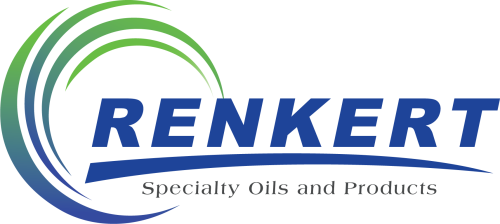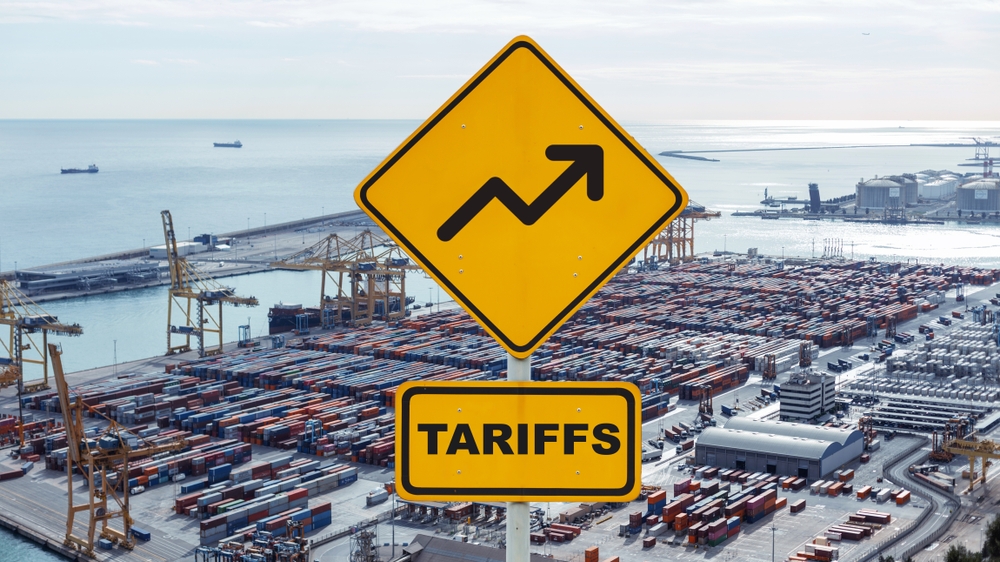The latest shuffle in energy tariffs brings fresh court drama, a 10% China break, and stricter paperwork rules. Any one of these moves can raise—or cut—your specialty oil costs overnight.
Energy tariffs don’t just hit headlines—they hit your landed costs. And in today’s environment, the rules are changing so fast that a small supplier oversight can kill your profit margin.
Spring saw a wave of new duties and retaliatory measures on many products, which could affect costs on specialty oils such as white mineral oil and process oils.
Since then, legal challenges and executive orders have added more questions than answers. Staying informed is key to navigating the next few months.
Suzanne Kingsbury, Director of Quality
Where Energy Tariffs Stand Today
The policy landscape has shifted several times since our last update on tariffs. From court rulings to temporary suspensions, here’s a look at the most impactful developments since May:
- A major court ruling threw the March tariffs into doubt. On May 28, the U.S. Court of International Trade ruled that the emergency energy tariffs, part of the reciprocal tariffs issued under IEEPA earlier this year, were not lawfully enacted. But the Trump administration immediately appealed, and a stay keeps the tariffs in place while the case moves forward. The Federal Circuit will hear the case en banc (all judges rather than a panel) on July 31.
- A 90-day break for goods from China. A recent trade order lowers tariffs on many Chinese imports from 34% to 10% through August 12; however, the Section 232 rate for steel drums rose to 50% on June 4. (While we don’t source our specialty oil products from China, tariffs may affect prices on anything from drums and caps to labels—so, with the exception of steel drums, this pause can offer some relief on total landed costs.)
- A fix for “tariff stacking.” Importers can now file for refunds if a shipment was charged duties under two overlapping rules—for example, both IEEPA and Section 232. This correction applies retroactively, and the refund process is already open.
- New CBP guidance on Canada-origin energy goods. In mid-May, Customs clarified that Canadian shipments without proper USMCA certification will still face a 10% duty. That makes paperwork compliance more important than ever for buyers using Canada as a source of feedstocks or finished products.
What the New Energy Tariffs Mean for Specialty Oil Buyers
Energy tariffs don’t affect every shipment, but when they do, the cost impact can be significant. Whether you’re sourcing white oil, base oil, or other fluids from North America or abroad, here’s what the latest changes mean for your supply chain.
- White mineral oil remains under scrutiny. Classified under HTS 2710.19, white oil is considered an energy product and still subject to the extra 10% if it doesn’t meet USMCA origin rules. That means origin documentation isn’t just red tape—it directly affects your invoice.
- The China suspension may lower your packaging costs. The current 10% flat rate on Chinese goods runs through August 12, and several Section 301 exclusions are now good through August 31. If any part of your product packaging—like plastic containers or shrink wrap—originates in China, now may be the time to stock up before higher rates return, as they already have for steel drums (50% tariff as of 6/4/25).
- Legal uncertainty adds financial risk. While the court ruling offers hope for long-term relief, the outcome remains unsettled. Duties could be refunded—or raised—depending on how the appeal plays out. Smart buyers are preparing for both outcomes by locking in costs where possible and documenting everything.
Dates and Deadlines to Watch
If you’re managing procurement, a few key deadlines could affect your cost exposure this summer:
- June 28 – Deadline to provide feedback to the U.S. Trade Representative on the tariff-stacking correction.
- July 9 – Suspension of partner-specific tariffs (except for China) ends; rates could snap back. The Treasury says an extension is “highly likely” but not yet final.
- July 31 – The Federal Circuit of the U.S. Court of Appeals will hear oral arguments on reciprocal tariffs with a ruling expected in late September.
- August 12 – 90-day China tariff pause ends. The White House may choose to reinstate the 34% duty or extend the pause.
Action Steps to Protect Your Budget
Now is the time to take a proactive approach to energy tariffs. These steps can help you stay compliant, reduce your exposure, and position your team for faster response if rates change again:
- Double-check HTS classifications. Ensure that the harmonized tariff codes on your shipments are accurate and up to date. Misclassified goods may be overcharged or flagged for audits.
- Secure and verify USMCA documentation. Every Canadian shipment should come with a valid Certificate of Origin. Without it, your load may be charged an extra 10%—even if it technically qualifies for duty-free treatment.
- File Post-Summary Corrections where applicable. If you paid stacked tariffs earlier this year (e.g., duties under both Section 232 and IEEPA), you may be eligible for a refund. Filing a PSC through CBP can recover those funds—if you act quickly.
- Consider accelerating shipments. With the China pause set to expire in August and legal outcomes still pending, pulling forward Q3 deliveries into June or early July could lock in more favorable rates.
- Ask your supplier for tariff-smart landed-cost quotes. Make sure duty rates are clearly broken out and tied to current classifications. That transparency can help your finance team make faster, more informed decisions.
Why It Pays to Work with Renkert Oil: Beat the Energy Tariffs
In an environment this uncertain, you need more than a product—you need a partner. As a U.S.-based supplier of a wide selection of white oils, process oils, and base oils, Renkert Oil helps customers minimize tariff exposure through:
- U.S. sourcing (or, when needed, USMCA-compliant sourcing)
- Routine customs audits
- Accurate landed-cost quotes
- Ongoing education and monthly updates
- Supply chain transparency that supports better planning
We don’t just follow the rules—we help you stay ahead of them. Whether you need help verifying a shipment’s tariff status or forecasting your Q3 costs, we’re ready to help.
Let’s take the guesswork out of your supply chain.
Talk to Renket Oil, your tariff-savvy specialty oil supply partner ➜

